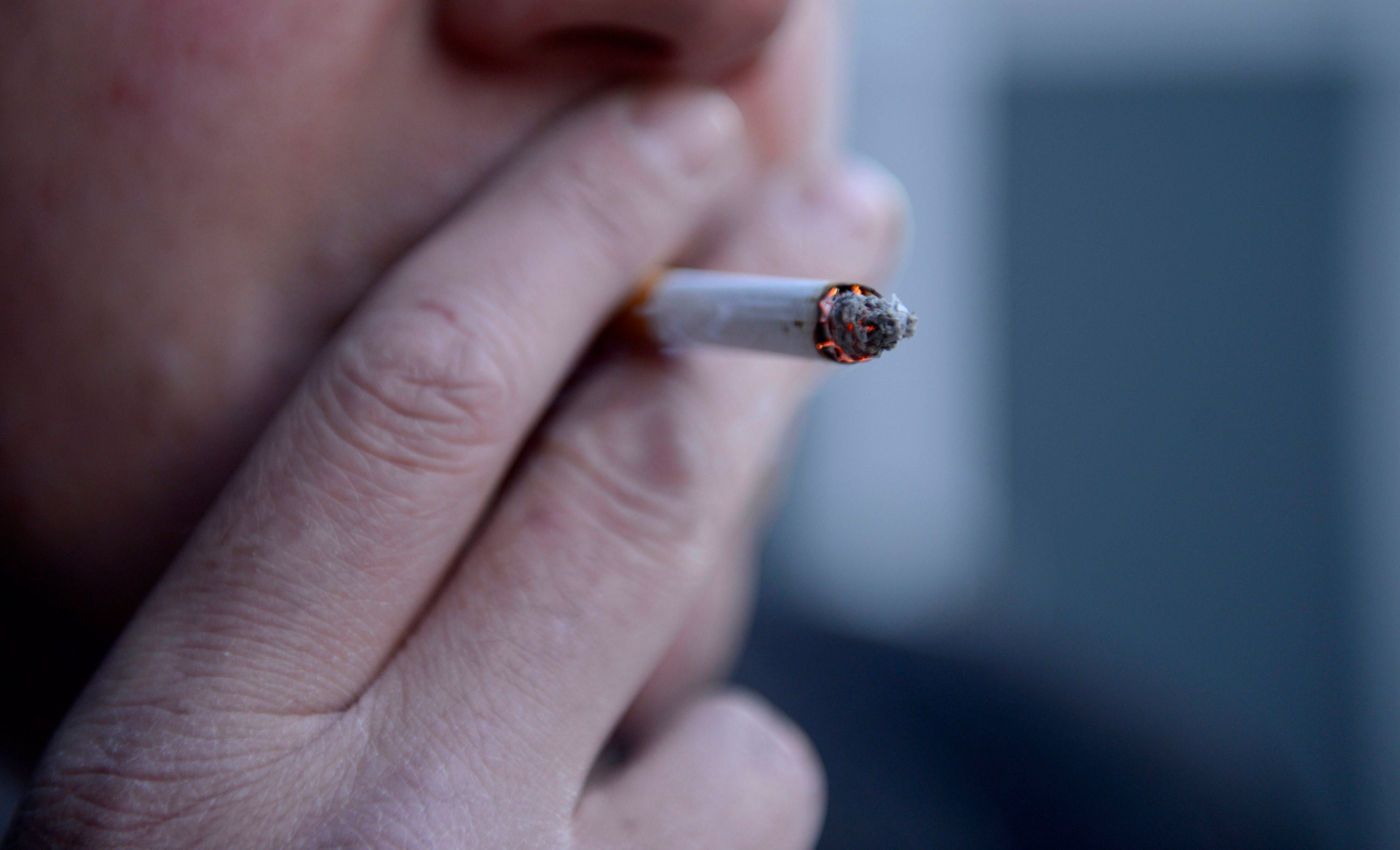The rise in young people smoking during lockdown is due to more than just stress
This latest data should serve as a warning sign that we have taken our collective eye off the ball and perhaps become complacent when it comes to smoking


One of the major successes in public health in recent years has been the sharp decline in rates of smoking. But new research reveals that there was a surge in young adults aged 18-34 smoking during the first lockdown. The proportion classifying themselves as smokers rose from 21.5 per cent to 26.8 per cent in the first part of last year.
Although the research doesn’t explore why this rise has happened, there are some probable factors contributing to this surprising change. We know that young people have borne the brunt of Covid as restrictions have curtailed not only employment aspirations but social activities like festivals and partying. Little wonder that their mental health and general levels of stress have suffered.
There is a commonly held view that smoking relieves stress, so this could in part explain why we’ve seen this uptick in rates of young smokers. Sadly, there is no evidence supporting this belief, but there’s plenty confirming how quickly a few stress relieving cigarettes can turn into a longer-term habit. While we don’t want any age group to start smoking, there is an obvious problem with younger people taking it up – they have more years available to carry on doing it.
The same research confirmed another change in behaviour during Covid, an increase in alcohol use among some groups. Women and all age groups were found to have significantly increased their drinking. Although this wasn’t spread equally across society, as those from the most deprived areas were overrepresented in this change. It is something that is mirrored with smoking – it is the more affluent who have been most successful in quitting tobacco, leaving higher rates in the most deprived communities.
The success in reducing smoking in the population as a whole has left some groups behind, notably those with mental health problems, people dependent on drugs, prisoners and the homeless. They have not benefited or been targeted in the significant public health investment that has reaped the overall reduction in smoking.
This latest data should serve as a warning sign that we have taken our collective eye off the ball and perhaps become complacent when it comes to smoking. Despite all the government rhetoric, the reality is that smoking cessation clinics and interventions have experienced a reduction in funding, making it harder to access these proven ways of helping people to quit and stay quitters.
This pandemic has been an accelerator not a leveller of social inequality and these latest figures on smoking add to the numerous surveys and data demonstrating this divide. Sadly, this isn’t a temporary divide but likely to produce a lasting legacy as these young smokers will no doubt find out. What’s really sad is that while we don’t understand many aspects of the Covid infection, we have an abundance of evidence of how to prevent other health harms including smoking.
It is telling that this government hasn’t once publicly mentioned this growing social inequality and their plans to correct it. There’s been no acknowledgement of those who are drinking more alcohol or turning to tobacco to alleviate the real psychological pain they are experiencing. Cruelly, that’s what people do when the state abandons them – they find their own solutions even if they cause harm. Without hope, what you do today doesn’t seem to matter if you think there is no tomorrow.
Ian Hamilton is associate professor of addiction at the University of York.

Join our commenting forum
Join thought-provoking conversations, follow other Independent readers and see their replies